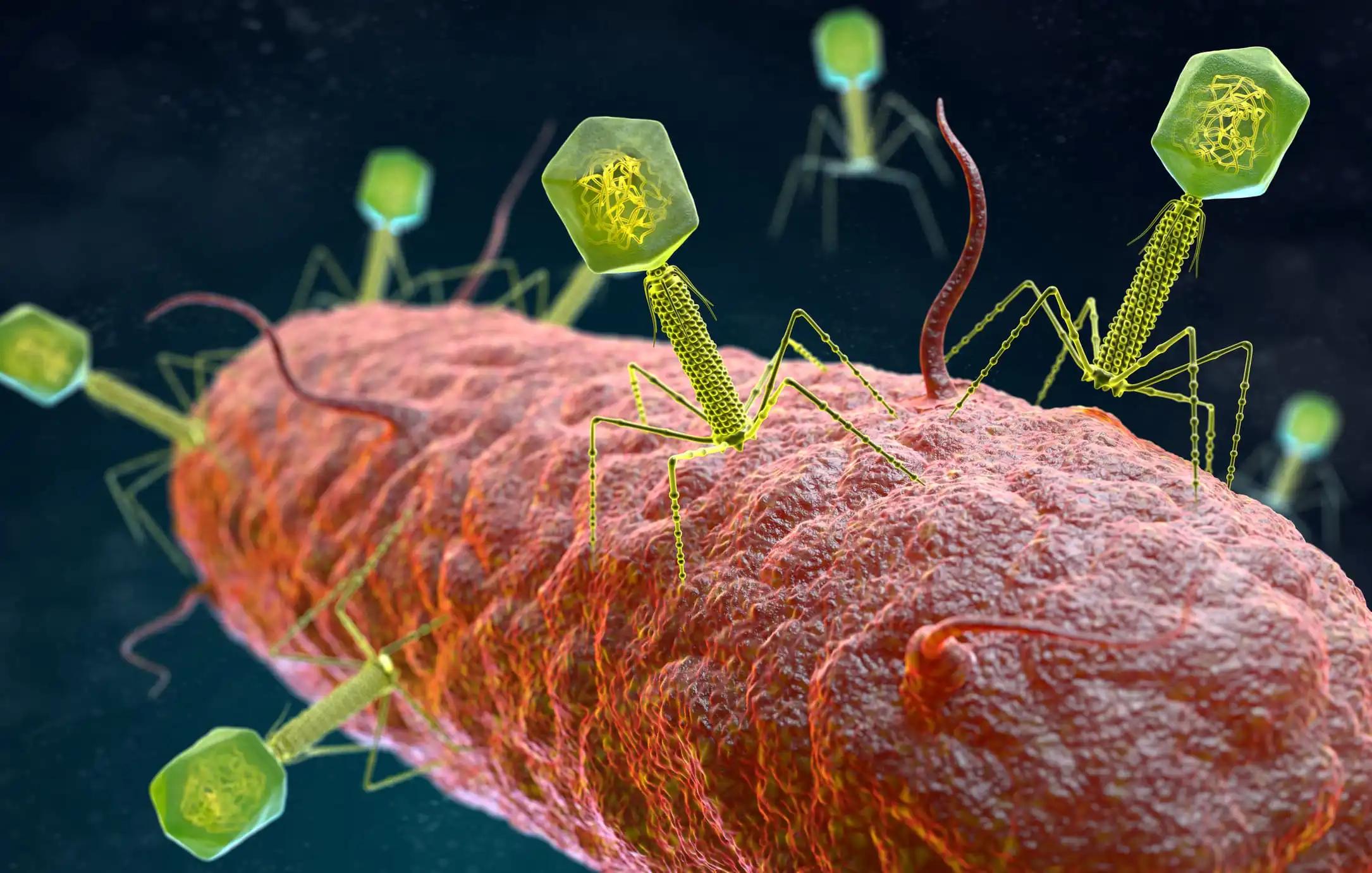KEY TAKEAWAYS
- The phase II FIGHT-202 study is a post hoc analysis of patients with CCA who underwent first- or second-line systemic therapy before inclusion.
- The primary aim was to evaluate the PFS of patients with FGFR gene alterations who received systemic therapy before enrollment in FIGHT-202.
- The study evaluated the therapeutic history and disease response data of 107 patients with FGFR2 fusions/rearrangements.
- The median PFS following initial systemic therapy was 5.5 months for patients with FGFR2 fusions/rearrangements and 4.4 months for patients with other FGF/FGFR alterations.
- The study suggests that pemigatinib may extend PFS in patients with FGFR2 fusions/rearrangements who have received systemic therapy prior.
- The findings of this study corroborate the therapeutic capacity of pemigatinib, as previously evidenced in FIGHT-202.
Patients diagnosed with cholangiocarcinoma (CCA) have been reported to exhibit oncogenic fibroblast growth factor receptor (FGFR) gene alterations. The present post hoc analysis evaluated the progression-free survival (PFS) of patients who underwent first- or second-line systemic therapy for advanced/metastatic cholangiocarcinoma (CCA) before their inclusion in the phase II FIGHT-202 clinical trial.
A total of 107 patients diagnosed with locally advanced or metastatic cholangiocarcinoma with FGFR2 fusions/rearrangements, 20 patients with other FGF/FGFR alterations, and 18 patients with no FGF/FGFR alterations were evaluated for documented disease progression after undergoing at least one systemic cancer therapy before enrollment in FIGHT-202. Therapeutic history and disease response data were compiled from electronic case report forms. The patient’s PFS was computed for every preceding course of systemic cancer treatment.
In patients exhibiting FGFR2 fusions/rearrangements, other FGF/FGFR alterations, and no FGF/FGFR alterations, respectively, the median progression-free survival (PFS) following initial systemic therapy was 5.5 months (95% CI, 4.0 to 8.0; n = 102), 4.4 months (2.7 to 7.1; n = 19), and 2.8 months (1.6 to 11.3; n = 16). The median PFS following second-line systemic therapy was 4.2 months (3.0 to 5.3; n = 39), 3.0 months (1.1 to 9.9; n = 8), and 5.9 months (2.4 to 12.5; n = 6). In the FIGHT-202 trial, patients (n = 65) with FGFR2 fusions/rearrangements who received second-line pemigatinib had a median PFS of 7.0 months (4.9 to 11.1).
In individuals diagnosed with cholangiocarcinoma (CCA) and exhibiting fibroblast growth factor receptor 2 (FGFR2) fusions or rearrangements, the administration of pemigatinib as a second-line treatment may be linked to an extended progression-free survival (PFS) in comparison to the systemic therapy received before the study enrollment. A prospective controlled trial will be necessary to validate the observations presented in this study. The findings corroborated the therapeutic capacity of pemigatinib, as previously evidenced in FIGHT-202.
Source:https://pubmed.ncbi.nlm.nih.gov/35544727/
Clinical Trial:https://clinicaltrials.gov/ct2/show/NCT02924376
Bibeau K, Féliz L, Lihou CF, Ren H, Abou-Alfa GK. Progression-Free Survival in Patients With Cholangiocarcinoma With or Without FGF/FGFR Alterations: A FIGHT-202 Post Hoc Analysis of Prior Systemic Therapy Response. JCO Precis Oncol. 2022 Apr;6:e2100414. doi: 10.1200/PO.21.00414. PMID: 35544727; PMCID: PMC9200396.



